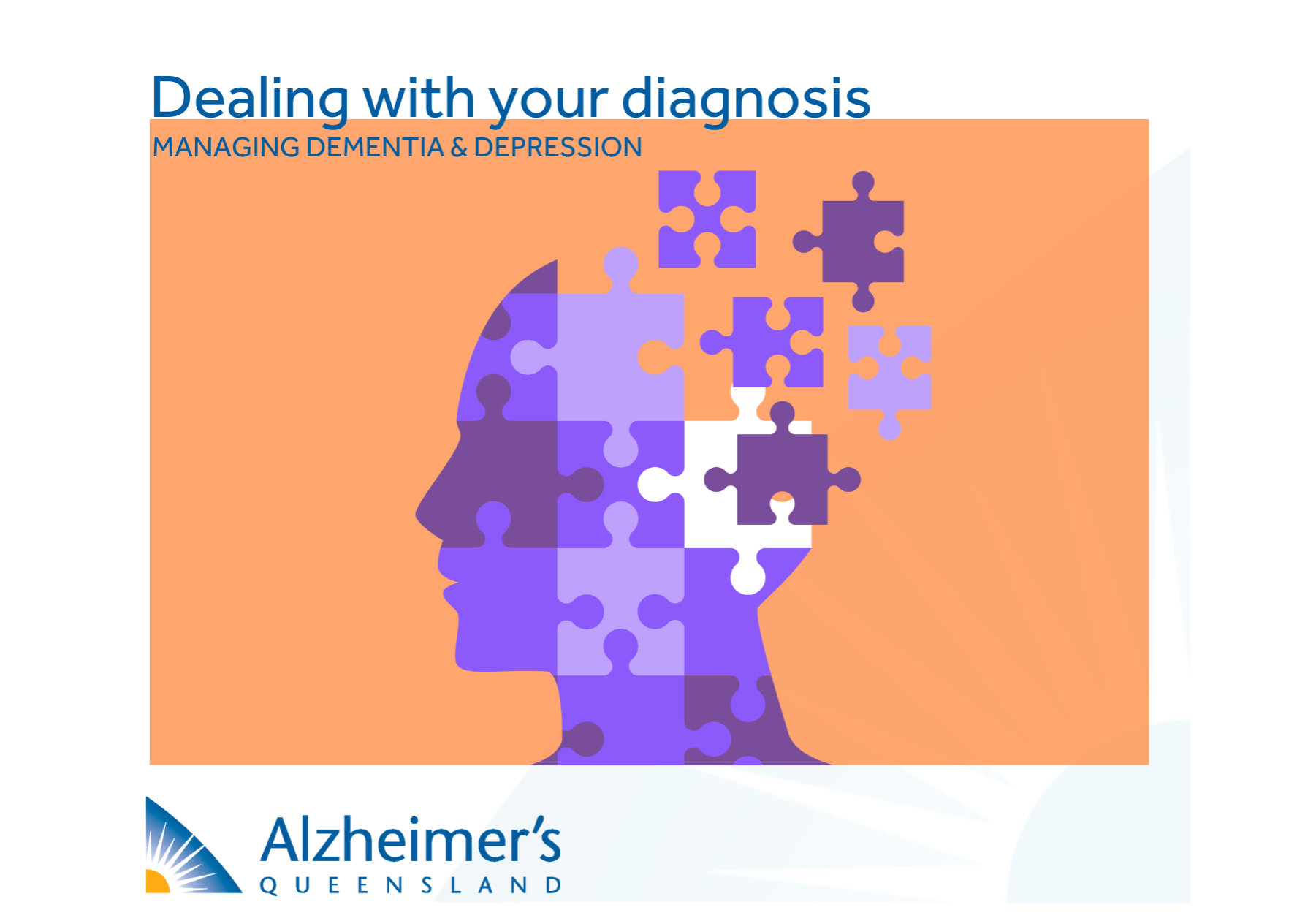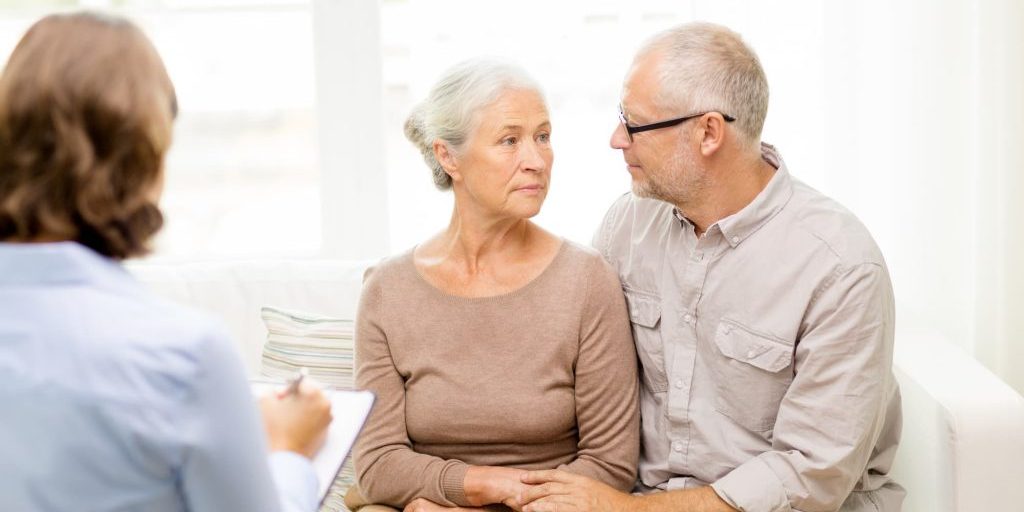Receiving a dementia diagnosis is substantial and often life changing. Regardless of whether the diagnosis was expected, or a complete surprise, you will likely experience a range of emotions in response, including sadness, denial, grief, and anger.
Should these feelings however, grow more consistent and severe over time seek professional help without delay as there may be a chance that you are living with depression. Depression is a significant mental health condition that affects all aspects of a person’s life. It is the most common mental health problem in older people and can be triggered by major life events, such as bereavement, relocation to a care facility, physical loss, and limited social support and interaction.
The most common features of depression include:
- Depressed mood or loss of interest in usual activities
- Changes in appetite or weight
- Insomnia or excessive sleeping
- Agitation or lethargy
- Feelings of worthlessness or guilt
- Difficulty thinking, concentrating, or making decisions
- Recurrent thoughts of death, suicidal ideas, plans, or attempts
- Deterioration in mental and physical functioning.
Up to 30 per cent of people living with Alzheimer’s disease may develop depression, particularly in the early stages when they first become aware of their cognitive decline. Depression can present with similar symptoms to dementia, and may worsen symptoms of an existing dementing condition.
It is crucial to recognise that depression is not a normal part of ageing and you do not need to cope with it alone. Treatments are available to help you regain your enjoyment and quality of life.
In addition, it is important to acknowledge that patients are not the only ones who may be affected by their diagnosis. Learning of a loved one’s condition, and the many new challenges that it may involve, can prove overwhelming for family members and carers. There are a variety of options for the treatment and management of depression as well as support groups for friends and relatives of those living with depression.
It can often be difficult to know what to say to someone who is depressed. Please be sure to treat the person with respect by displaying patience and understanding, listening carefully, and not blaming them for their illness.
Help and assistance is available at our 24/7 Dementia Help Line 1800 639 331. Find out more with our online Dementia Resources including further information about Dementia and depression.







